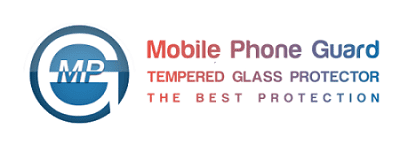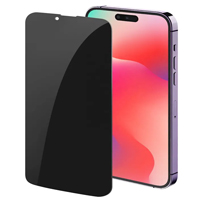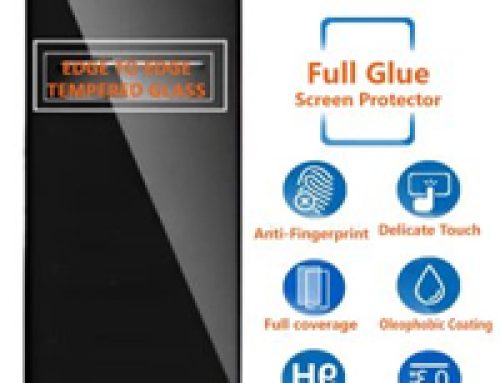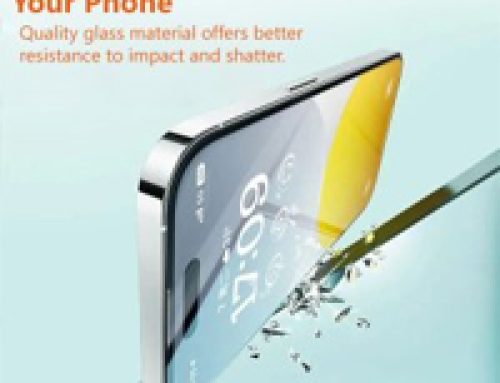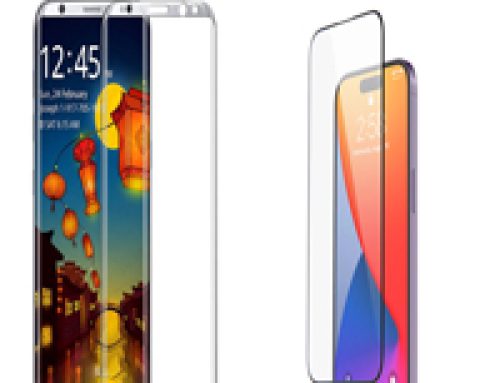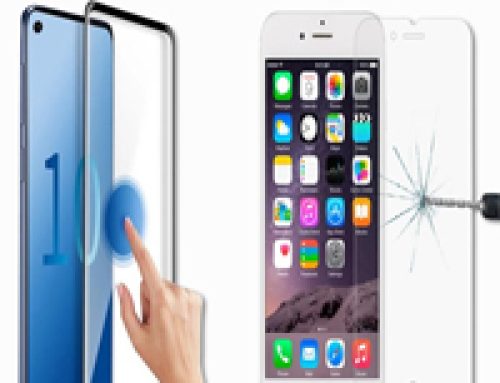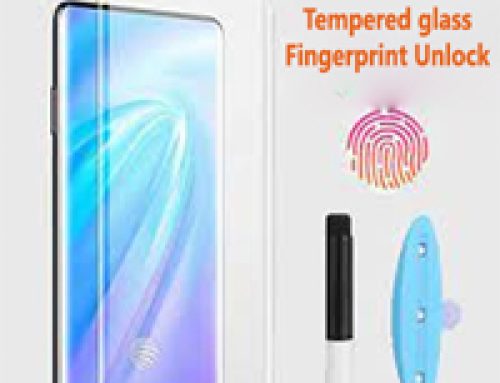Table of Contents
Evaluating the Effectiveness of Privacy Screen Protectors
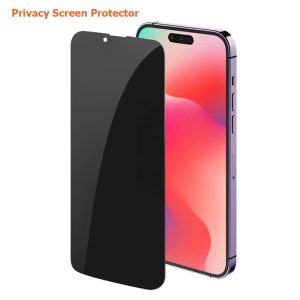
Introduction:
In our increasingly digitized world, privacy concerns have taken center stage. With sensitive information often being accessed on electronic devices, safeguarding our privacy from prying eyes has become paramount. One popular solution that has gained popularity is the privacy screen protector. These specialized filters are designed to restrict viewing angles, preventing unauthorized individuals from seeing the content displayed on your device. In this article, we will explore the advantages and drawbacks of privacy screen protectors to help you determine whether they are an effective tool for protecting your privacy.
Enhanced Privacy Protection:
Privacy screen protectors are primarily designed to shield your screen from prying eyes, ensuring that sensitive information remains confidential. By narrowing the viewing angles, they make it difficult for people sitting beside or behind you to see what’s on your device. This feature proves invaluable for individuals who frequently work with confidential documents, financial information, or personal data in public spaces like coffee shops, airports, or open office layouts.
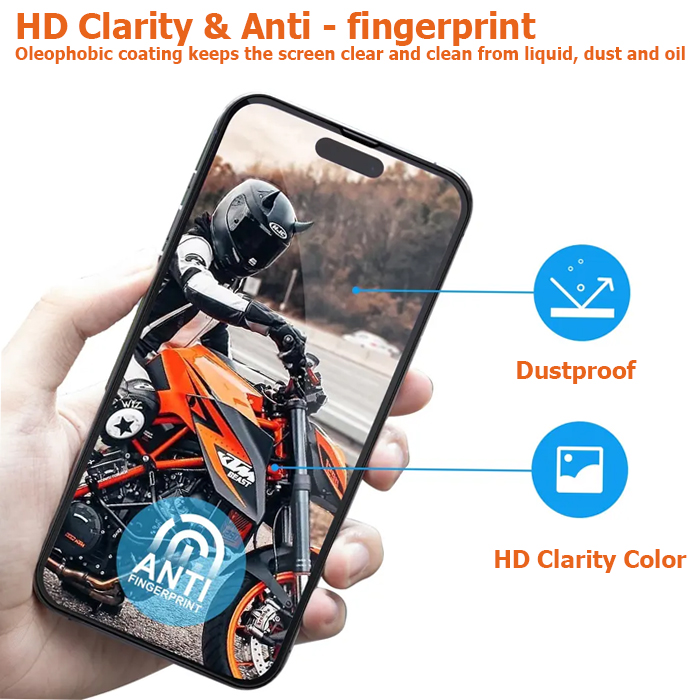
Protection from Shoulder Surfing:
Shoulder surfing is a common technique malicious individuals use to steal information by observing your screen covertly. Privacy screen protectors act as a barrier against shoulder surfers, making it challenging for them to gather any valuable data. This added layer of security proves particularly useful when using your device in crowded areas or while commuting, protecting your privacy from prying eyes.
Anti-Glare and Display Enhancement:
Many privacy screen protectors come with anti-glare properties that reduce reflections and minimize eye strain caused by bright lights or sunlight. This feature proves advantageous when using your device outdoors or in environments with harsh lighting conditions. Additionally, some privacy screen protectors offer display enhancement features, such as color enhancement or blue light filtering, which can improve your overall viewing experience.
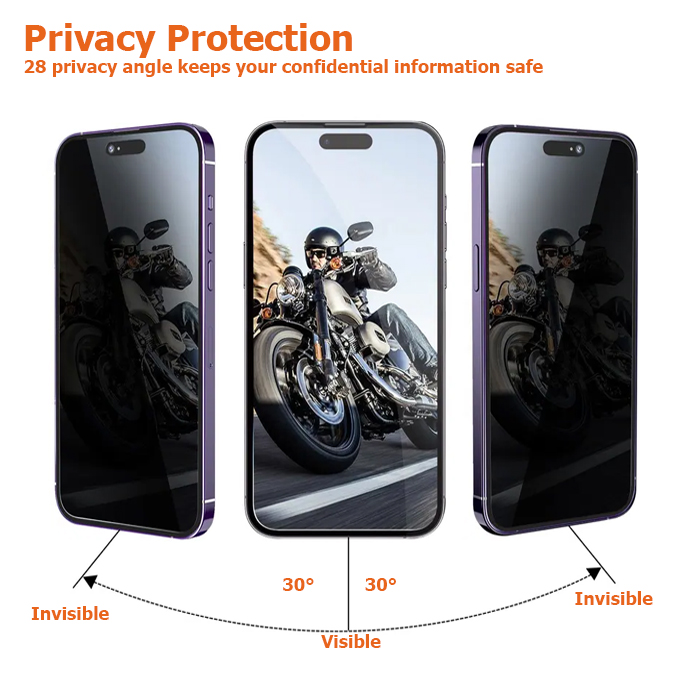
Screen Protection and Anti-Smudge Properties:
In addition to privacy benefits, privacy screen protectors can act as a protective layer for your device’s screen. They help guard against scratches, fingerprints, and smudges, thereby extending the lifespan of your screen. This proves particularly valuable for touchscreen devices that are prone to everyday wear and tear.
Drawbacks:
Limited Viewing Angles:
One of the main drawbacks of privacy screen protectors is the restricted viewing angles they impose. While this limitation is intended to protect your privacy, it can also be inconvenient if you need to collaborate with others or share your screen during presentations. The narrow viewing angle may require you to adjust the positioning of your device or remove the screen protector temporarily.
Potential Impact on Screen Clarity:
Privacy screen protectors employ various techniques to limit viewing angles, such as polarized filters or micro-louver technology. While these methods effectively restrict visibility, they can sometimes affect the overall clarity and brightness of the screen. Some users may notice a slight reduction in image quality or find that colors appear slightly washed out when using a privacy screen protector.
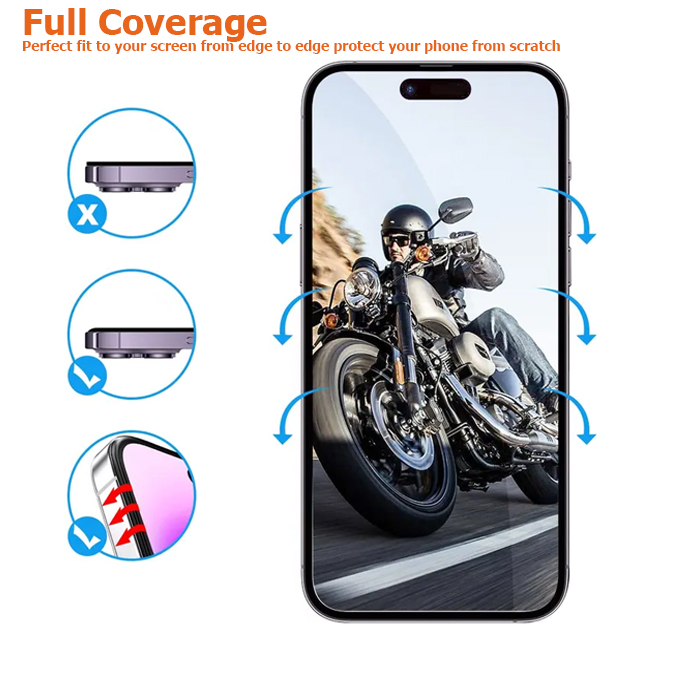
Installation Challenges:
Installing privacy screen protectors can be more complex than installing regular screen protectors. Achieving perfect alignment and ensuring there are no air bubbles or dust particles trapped between the screen and the protector can be challenging. Additionally, removing and reapplying the screen protector may cause adhesive residue or damage to the device’s screen.
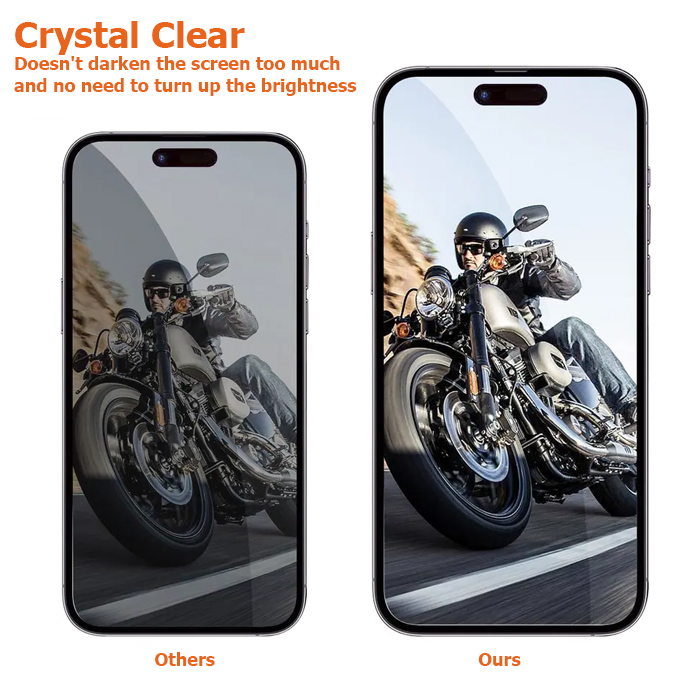
Conclusion:
Privacy screen protectors offer a range of benefits for individuals seeking to enhance their privacy and protect sensitive information. They provide a shield against prying eyes, shoulder surfers, and screen damage, and may even offer additional features like anti-glare properties. However, it’s important to consider the limited viewing angles and potential impact on screen clarity before deciding to use a privacy screen protector. Ultimately, the effectiveness of such a tool depends on your specific needs and preferences, striking a balance between privacy protection and usability.

Also please visit our new product:
https://www.mobilephoneguard.com/tempered-glass-vs-film-screen-protector/
